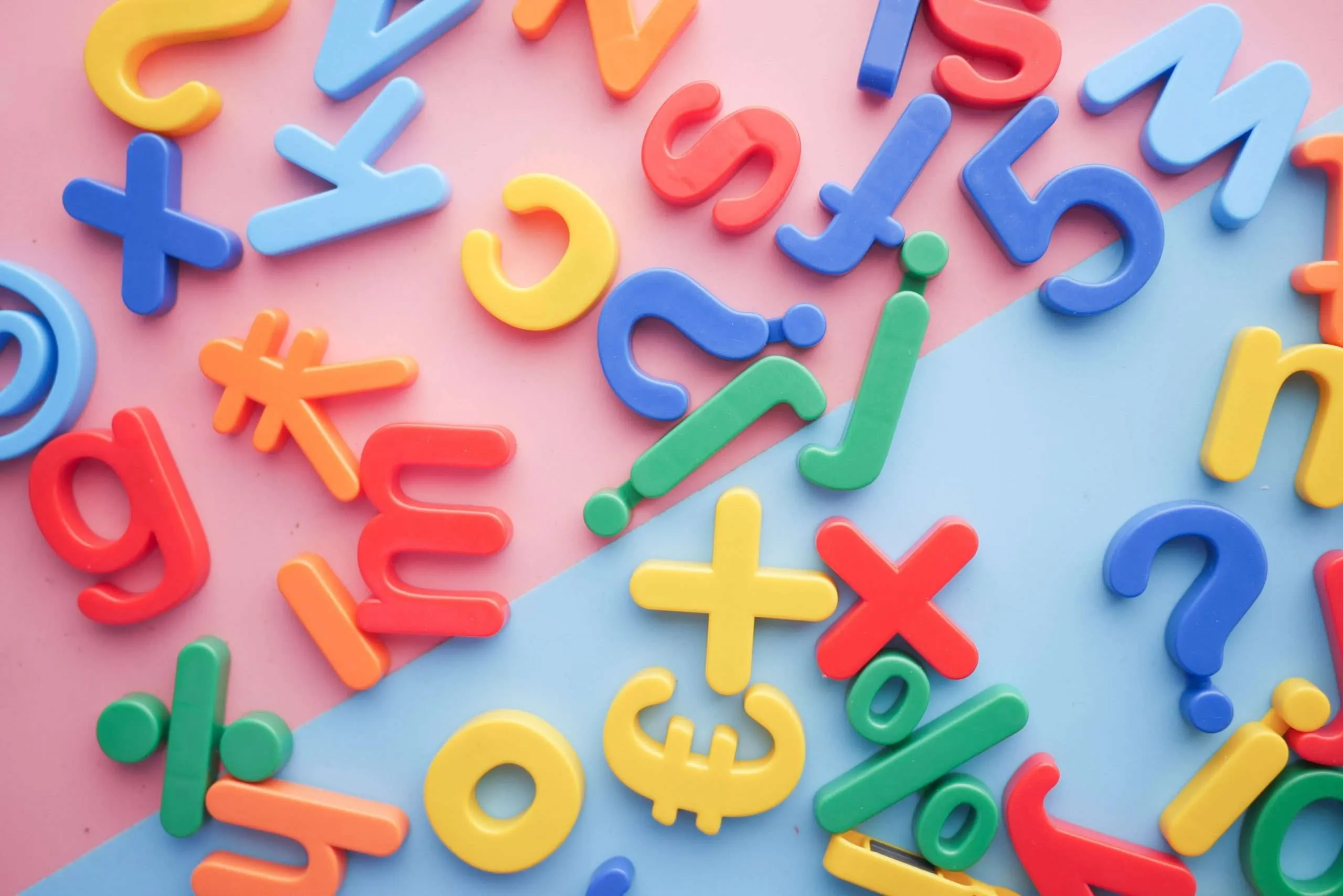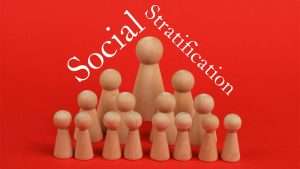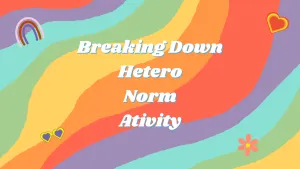Man’s greatest identity as a higher animal is his ability to communicate through language because it has been established that he is possessed with natural sociality. His tendency to get along with his fellow’s purposes is part of his foundational characteristics. Therefore, for understanding to take place between him and his fellows, there has to be language production else no communication will take place. Here is where we can begin our analysis of sociology of language.
Have you ever thought of what triggered language? Well, the desire to communicate is the main reason because society can not function without communication while communication cannot happen without clear and accepted language hence this old proverb “Necessity is the mother of invention.” An American sociologist Charles Winick defined language as “a system of arbitrary vocal symbols used to express communicable thoughts, and feelings which allow a social group or speech community to interact and cooperate.” An American linguist Dwight Bolinger in 1968 also defined language as “a system of vocal auditory communication using conventional signs composed of arbitrary patterned sound units and assembled according to a set of rules, interacting with the experience of its users.” One common fact in both definitions is the social acceptance of language because it’s a human invention as communication is innate.
Language experts are not supposed to make any hypothesis on the exact time a speech community was established in the history of creation and development because language is the microcosm of culture even though it was a slow process. It is part of social life and cultural growth. Language production is a continuous procedure as it differs from the situations which surround the speaking community. It rotates from generation to generation hence the cultural make-up. The fact that language is not gender or period-based makes it a universal institution where it revolves around a man and his society.
Interestingly, language learning can either be inborn or learned. Take, for instance, a newborn baby’s first language is his mother’s tongue (L1) because this is the regular language he hears as he grows up, the language that dominates his environment, the language of communication in his family so, consciously or unconsciously, he will master this language before any other ones. As he progresses in life, during his elementary education, his teacher begins to introduce a second language (L2) to him which in this case, he is learning, unlike his mother’s tongue which is innate. So language can either be inborn or learned but whichever way, man has the natural ability to communicate with it.
Also, language possession is what makes man superior to other creations, man as a higher animal has attained such a level of superiority which is absent in lower animals. They also have communication skills but are far incomparable to men. The importance of language to man and society can not be underestimated because it is his most noticeable groundlaying characteristic. Sociologically, language is the basic teacher of man from infancy till his last breath, he gains knowledge of worldly things, occurrences, and life generally through language. So it can not be jeopardized for anything.
However, language consists of three basic expressions which distinguish its invention. Tone, grimace, and gesture. Tone produces audible sounds while the gesture is the changes in body positions especially the movable parts of the body which are hands and arms, grimace is simply a facial expression that occurs in fact, it has to do with mood. These three are inevitable ways of mind expression during communication as they’ve never been found wanting hence the features of the language. They gave the language unique content when in use.
Importance of language to culture and society.
• Language helps in expressing feelings and thoughts: With this, man can express unique ideas and customs among various cultures and societies. Learning another man’s language either foreign or local gives you a reasonable amount of knowledge about their culture which is different from yours. In this context, you’re exposed to the beauties embedded in other people’s ways of life and their ways of interaction. Without much ado, language preserves, and beautifies culture.
• Language promotes love: You can not imagine the happiness in learning another man’s language, the feeling of belongingness when you are in a cultural setting different from yours and you’re able to follow their discussion flawlessly because you understand the spoken language. I once visited an old friend whose dialect was different from mine, and when I got there and greeted her parents in their language, the mother jumped up and hugged me tightly. The hug was so overwhelming that I lost my breath for some seconds. The woman said, and I quote, “I never imagined that you would understand our language, less be speaking it fluently.” Imagine that! So, language promotes love, unity, and progress in society. A mutually undivided language-bearing society witnesses rapid growth than a non-cooperative one.
• Language and symbols make communication more clear: This is because they are intertwined. And this further brings us to the sociological theory of “symbolic interactionism” by George Herbert Mead, which states that communication in a society is based on linguistic, visual, and gestural symbols with shared understanding. It’s the exchange of meaning through language and symbols in communication. It’s believed to be the way people make meaning of their social world because as humans, we learn to understand through our interaction with symbols and letters that make up words in different languages. A typical example of this is the Nigerian belief about a “rainbow.” Some cultures in Nigeria, Yoruba precisely, believe that when a rainbow is sighted during or after rainfall, it means a giant python has come out of its hidden abode. However, this changed over time as the rainbow is now globally recognized as a symbol of the LGBT community.
In conclusion, language and its production tools are central elements of culture, hence the diversity due to its different forms globally. Different cultural settings have their specific language or better put dialect, hence the constraints on inter-group or community interaction and language superiority which in a way may graduate in social separation. Do you think there is a need for a universal language? To eliminate the barricade posed by differences in language, there has to be one general language of communication among the people of the world to ease or solve communication problems, while promoting cultural unification. By this, interaction will be at its best wherever you find yourself with language consensus.







